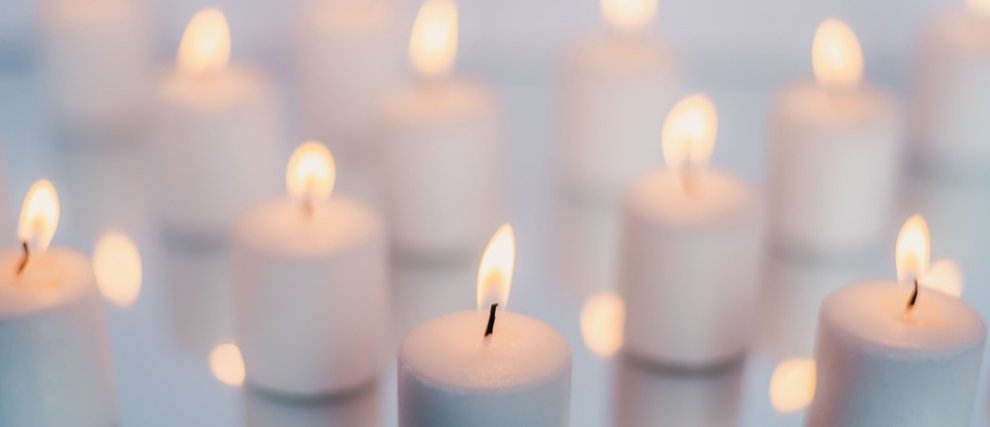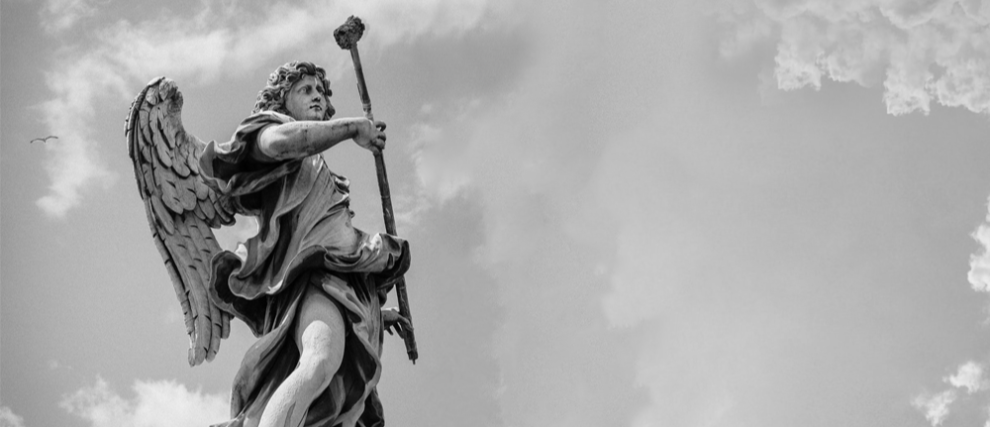Purgatory in the Catechism of the Church Catholic
Purgatory is addressed in particular in Article 12 of the second section (The Profession of the Christian Faith, The Symbols of Faith) of the first part of the Catechism, numbers 1030 to 1032.
Discover the main questions and answers around purgatory from the Catechism of the Catholic Church. At the end of this reading, we invite you to discover other great questions of faith.
What does the Catechism of the Catholic Church say about Purgatory?
Like heaven or hell, purgatory is a reality, which is addressed in numbers 1030 to 1032 of the Catechism.
The Catechism allows us to understand that Purgatory is:
· A “purification to obtain the holiness necessary to enter into the joy of heaven” (No. 1030 and 1054).
· This “final purification of the chosen, which is quite distinct from the punishment of the damned” (No. 1031)
· A state (No. 1472)
· Not to be confused with Hell: The Church calls purgatory the final purification of the chosen, which is quite distinct from the punishment of the damned.” (No. 1031)
· Except for “the serious sin that deprives us of communion with God”, all sin, even venial, leads to an unhealthy attachment to creatures, which needs purification, either here on earth or after death, in the state that is called Purgatory." (No. 1472)
Who is affected by Purgatory?
The number 1030 answers this question: “Those who die in the grace and friendship of God, but imperfectly purified, although assured of their eternal salvation, suffer after their death a purification, in order to obtain the holiness necessary to enter into the joy of heaven.” (No. 1030).
What is all this calling us to?
The reality of Purgatory can invite us to several things, such as conversion, to receive God's Salvation, and to pray for the dead.
To conversion
The existence of Purgatory can invite us to conversion. Some Christian figures led a life so holy, that they went directly to Heaven without going through purgatory. Today, this universal call to holiness remains an invitation for each of us.
To accept the Salvation offered by God
Everyone is invited to receive the Salvation that God offers to man through the Holy Spirit. Indeed, the conscious refusal of God, to receive his mercy, is a sin against the Holy Spirit. Number 1031 of the Catechism shows that “if someone has pronounced a blasphemy against the Holy Spirit, it will not be forgiven him either in this century or in the next. ” Therefore, there is an invitation to accept the Salvation offered by God.
To prayer for the deceased
The reality of Purgatory can invite us to pray more frequently for the dead, and the souls of Purgatory. In addition to prayer, you can ask the priest of your parish to celebrate a Mass for one or more deceased people.
The number 1032 completes this by saying: “From the earliest times, the Church honored the memory of the dead and offered sacrifices on their behalf, especially the Eucharistic sacrifice, so that, purified, they could reach the beatific vision of God. The Church also recommends almsgiving, indulgences, and works of penance on behalf of the dead.” (No. 1032).
It should be noted that in France, the Sanctuary of Our Lady of Montligeon welcomes pilgrims who come to pray for their deceased. It is a unique place in the world dedicated to prayer for the dead.
With Hozana, let us pray for the souls of Purgatory!
With Hozana, you can pray for the souls in Purgatory by joining or praying a novena .
Finally, let us all keep in mind the goal of being holy, since baptism calls us to it.

